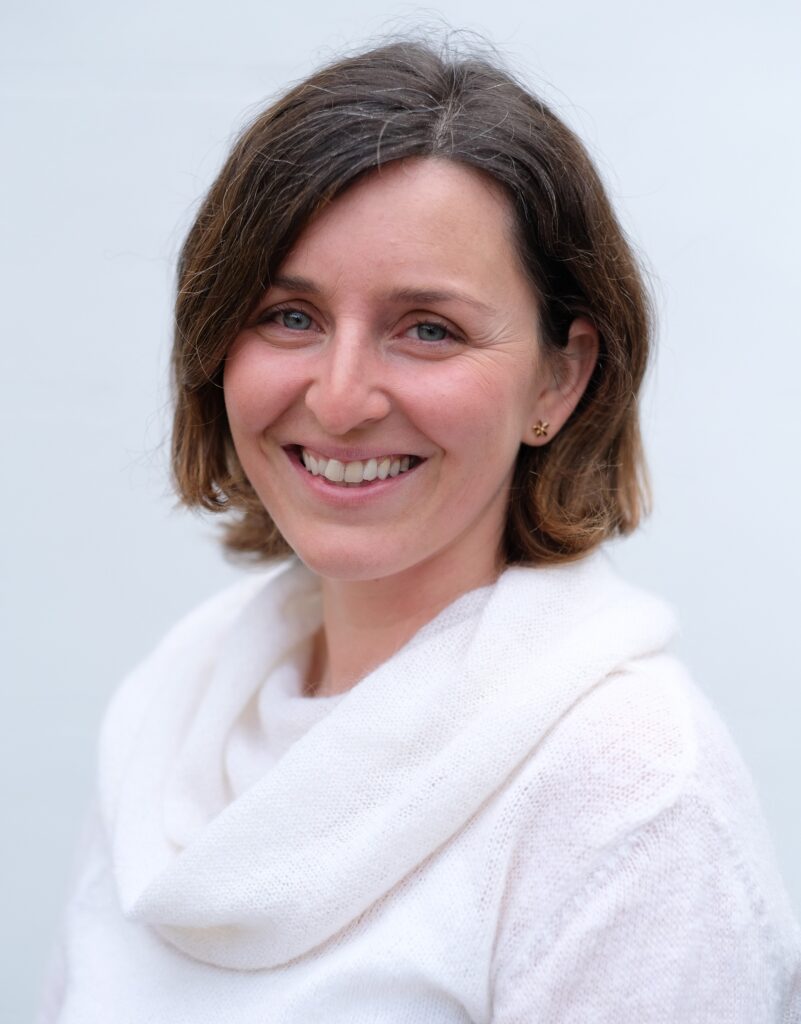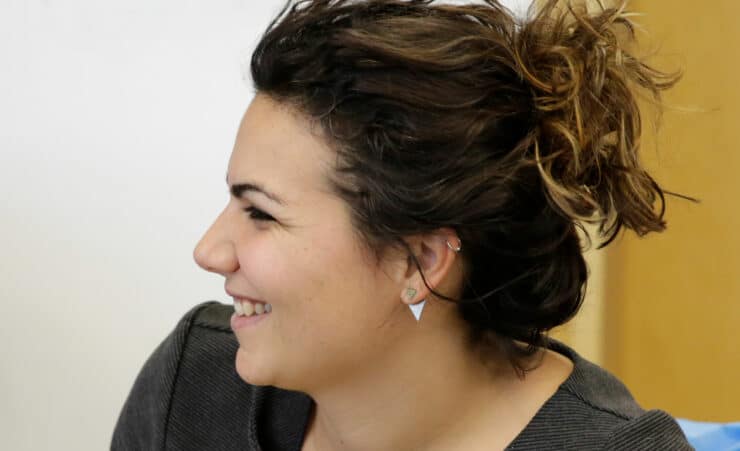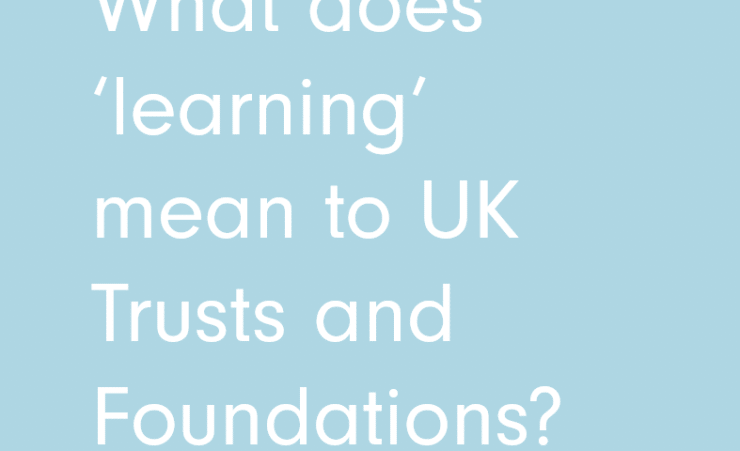
Bringing learning agendas to life: What Oak Foundation has learned so far
Learning in uncertainty
Marta Arranz is a Senior Advisor at the Oak Foundation.
Learning agendas are a core building block of Monitoring, Evaluation, and Learning (MEL) at Oak Foundation.
Our MEL approach at Oak Foundation is flexible by design, so it can be tailored to the concrete needs and ways of working of our different programmes. It is organised around six core building blocks that provide a common foundation to all our programmes. These include: a strategic framework; a strategic learning agenda; a data collection plan; infrastructure; adequate resources; times and spaces for reflection and adaptation. Our programme teams then adapt these core building blocks to configure a system that works for them, while maintaining consistency with the rest.
The ‘strategic learning agenda’ building block allows our programme officers to work from a list of questions connected to their strategies and grant-making decisions. These questions help focus attention on what strategists, grant-makers or implementers are grappling with, and so guide them in navigating the sea of possibilities and unknowns in the ocean of systems change.
Forward or backward-looking learning agendas?
One of the biggest ‘Aha’ moments for the programme teams was when they learned about the different types of learning agendas. Many had previously worked with evaluative or research questions, which are usually more backward-looking and call for retrospective enquiry. While these questions worked well for research and evaluation, programme staff felt they were somewhat disconnected to their strategic decisions and learning needs.
Therefore, introducing forward-looking strategic learning questions was a game-changer.
As an example, one of our programme teams working on the prevention of child abuse started with questions such as this one: “What is happening as a result of our advocacy efforts to develop policies to prevent child sexual abuse online?” While this was a great evaluative question, it did not help us figure out what was needed next to make progress against our goals. Instead, asking questions linked to the programmes’ emergent challenges helped us focus on possible solutions we could try out. It helped us grappled with the ‘now what?’ question to discuss strategic and tactical options. For example: “How can we increase political will to develop policies to prevent child sexual abuse online?”.
Our intention is to learn our way forward. To help us make sense of what we know, learn every day and to figure out our next steps, we are using the concepts and tools from the emergent learning community, which tries to find opportunities to link theory and action.
Learning agendas that stick
Implementing strategic learning agendas into organisations is easier said than done. When we started to develop our monitoring, evaluation and learning approach at Oak, we benefited from the advice of external experts such as Tanya Beer, existing resources (see for example here or here) and direct experience of other funders, programme implementers and evaluators.
This gave us an excellent start, but we soon realised these wonderful learning agendas would never stick beyond the initial excitement if we didn’t plan carefully how they were going to be operationalised and sustained over time. To this end, here are nine things that we have been learning:
- Less is more. Start small and prioritise: It’s normal to start big and come up with a long list of great, smart questions. That is what we did as a first step, but then we prioritised to keep things manageable and proportionate. It took time to figure out which questions were the crucial ones. Keeping the list of questions short and simple, makes it easier to adjust and refine.
- The process of developing the learning agenda is a strategic learning moment in itself: The process of refining the learning questions gave us insights into gaps or connections in our strategies we had not seen during the strategy design process. So, the effort was paying off even before we put the learning questions to work!
- Consider an external learning facilitator: It is difficult to facilitate your own design. In our experience, having an external learning facilitator for parts of the process made an important difference, facilitating conversations, synthesising information, and helping you avoid rabbit holes.
- Learning questions need guardians, but strategic learning remains collective: We soon realised that to bring the learning agenda to life, we needed to assign each question to a staff member with relevant expertise or remit. Each person would take responsibility for capturing insights and evidence for their assigned questions and would ensure the question was given the attention during learning sessions. Collective sense-making is essential to ensure insights are relevant to a strategy.
- Make your learning visible and accessible: Think about what you will be using as a learning log and how you will document and synthesise your insights and reflections. We have considered a range of options, from simple tables that could be shared with others outside of Oak Foundation, to more sophisticated trackers on our internal platforms linked with our grant-management system.
- If your programme is dynamic, so is your learning. If strategies and theories of change are adaptive, emergent, and evolve over time, strategic learning cannot be static. Consider the time arc of your learning questions (a month? six months?). For instance, some are only relevant during the initial stages of a strategy and will be replaced by new ones as your strategy evolves and you are faced with new challenges.
- Go where the energy is. One of the most common failures I have observed is to maintain learning agendas that feel obsolete, heavy or irrelevant just because that was the initial plan. If it no longer makes a difference to have insights into those questions, why should we keep them? The last thing we want is to feel trapped into our own learning agendas. Powerful strategic learning questions go where the energy is; feel exciting ;are aligned to current dilemmas, and bring us clarity about our end goals and our strategies.
- Plan for learning moments and spaces. Strategic learning is intentional by nature and if we want to make it happen, it needs to be in our team workplans. Our preference at Oak Foundation has been to embed learning into planning, reflection, and exchange moments that already exist, rather than creating new ones. Pipeline meetings, annual reviews, preparation for board meetings or convenings with partners or other funders, are some natural fits. Then strategic learning becomes a way of working rather than something we do on top of our regular work.
- Invite others to your learning spaces. Partners, grantees, and other funders will bring in new insights and perspectives that will enrich your learning. We are even exploring how to organise our grant management moments around emergent learning questions so that we truly become learning partners to our grantees.
This is how we work, it is not an add-on. But it is still work in progress for us. We would love to hear how this is going for others as we continue to explore new things and improve. Get in touch with Marta at marta.arranz@oakfnd.ch


